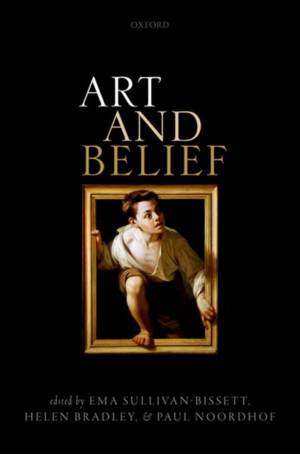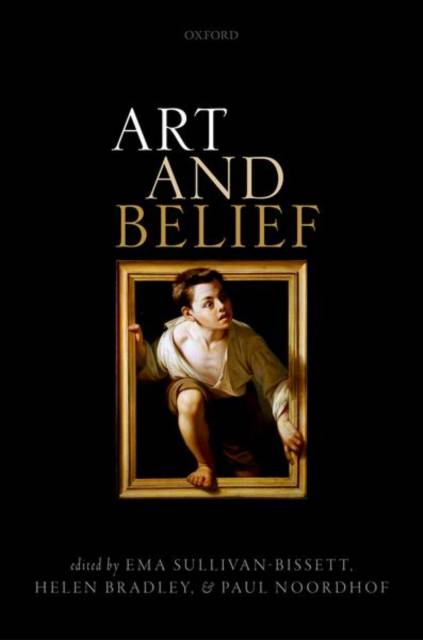
- Afhalen na 1 uur in een winkel met voorraad
- Gratis thuislevering in België vanaf € 30
- Ruim aanbod met 7 miljoen producten
- Afhalen na 1 uur in een winkel met voorraad
- Gratis thuislevering in België vanaf € 30
- Ruim aanbod met 7 miljoen producten
Zoeken
Omschrijving
Art and Belief presents twelve new essays at the intersection of philosophy of mind and philosophy of art, particularly to do with the relation between belief and truth in our experience of art. Several contributors discuss the cognitive contributions artworks can make and the questions surrounding these. Can authors of fiction testify to their readers? If they can, are they culpable for the false beliefs of their readers formed in response to their work? If they cannot, that is, if the testimonial powers of authors of fiction are limited, is there some non-testimonial epistemic role that fiction can play? And in any case, is such a role relevant when determining the value of the work? Also explored are issues concerned with the phenomenon of fictional persuasion, specifically, what is the nature of the attitude involved in such cases (those in which we form beliefs about the real world in response to reading fiction)? If these attitudes are typically unstable, unjustified, and unreliable, does this put pressure on the view that they are beliefs? If these attitudes are beliefs, does this put pressure on the view that all beliefs are aimed at truth? The final pair of papers in the volume take different stances on the nature of aesthetic testimony, and whether testimony of this kind is a legitimate source of beliefs about aesthetic properties and value.
Specificaties
Betrokkenen
- Uitgeverij:
Inhoud
- Aantal bladzijden:
- 268
- Taal:
- Engels
- Reeks:
Eigenschappen
- Productcode (EAN):
- 9780198805403
- Verschijningsdatum:
- 26/12/2017
- Uitvoering:
- Hardcover
- Formaat:
- Genaaid
- Afmetingen:
- 163 mm x 239 mm
- Gewicht:
- 748 g

Alleen bij Standaard Boekhandel
+ 241 punten op je klantenkaart van Standaard Boekhandel
Beoordelingen
We publiceren alleen reviews die voldoen aan de voorwaarden voor reviews. Bekijk onze voorwaarden voor reviews.







